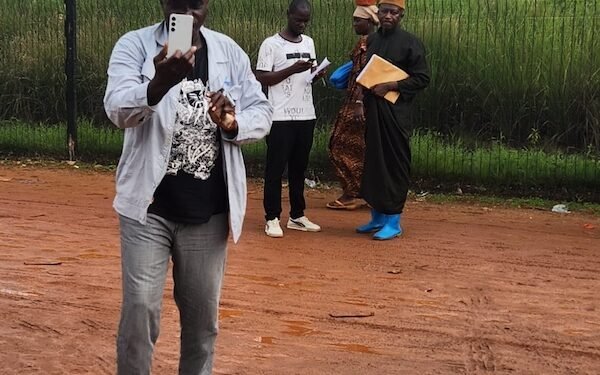The GSMA announced a global coalition with major telecom players, the ITU and World Bank to improve the access of affordable handsets and connect three billion people that are not online.
In a statement, the industry body detailed the coalition includes major global mobile operators, vendors, device ecosystem players, and the WEF Edison Alliance.
Mobile is the primary way people in lot and middle income countries access the internet, accounting for 84% of broadband connections in 2023, according to the GSMA.
However, 34% (three billion people) that live in areas that have internert coverage do not tap into it due to serval barriers such as digital literacy and skills, lack of relevant content, online safety and access. But handset affordability was highlighted as the most “significant barrier” to getting people online.
The coalition will assess multiple levers to reduce the cost of entry to access the internet and the digital economy, with a particular focus on emerging markets in Sub-Saharan Africa and South Asia.
The group with support will explore new solutions to cut the risk to financing mechanism, as part of efforts to expands digital access and affordability.
GSMA Director General, Mats Granryd, said: “Mobile has helped billions of people worldwide to play an active role in our increasingly digital world, but the cost of entry can still be too high for many on low incomes. Together with global mobile operators, and the support of the World Bank Group and other key coalition members, we’re determined to act on this issue.
World Bank VP of Infrastructure, Guangzhe Chen, added: “Making internet connected devices more affordable is critical to accelerating digitalisation in developing countries and ensuring no one is left behind. We’ve seen the power of digital technologies to unlock growth and job creation and to ease access to education and health services, but people must first be connected to make this a reality.”










